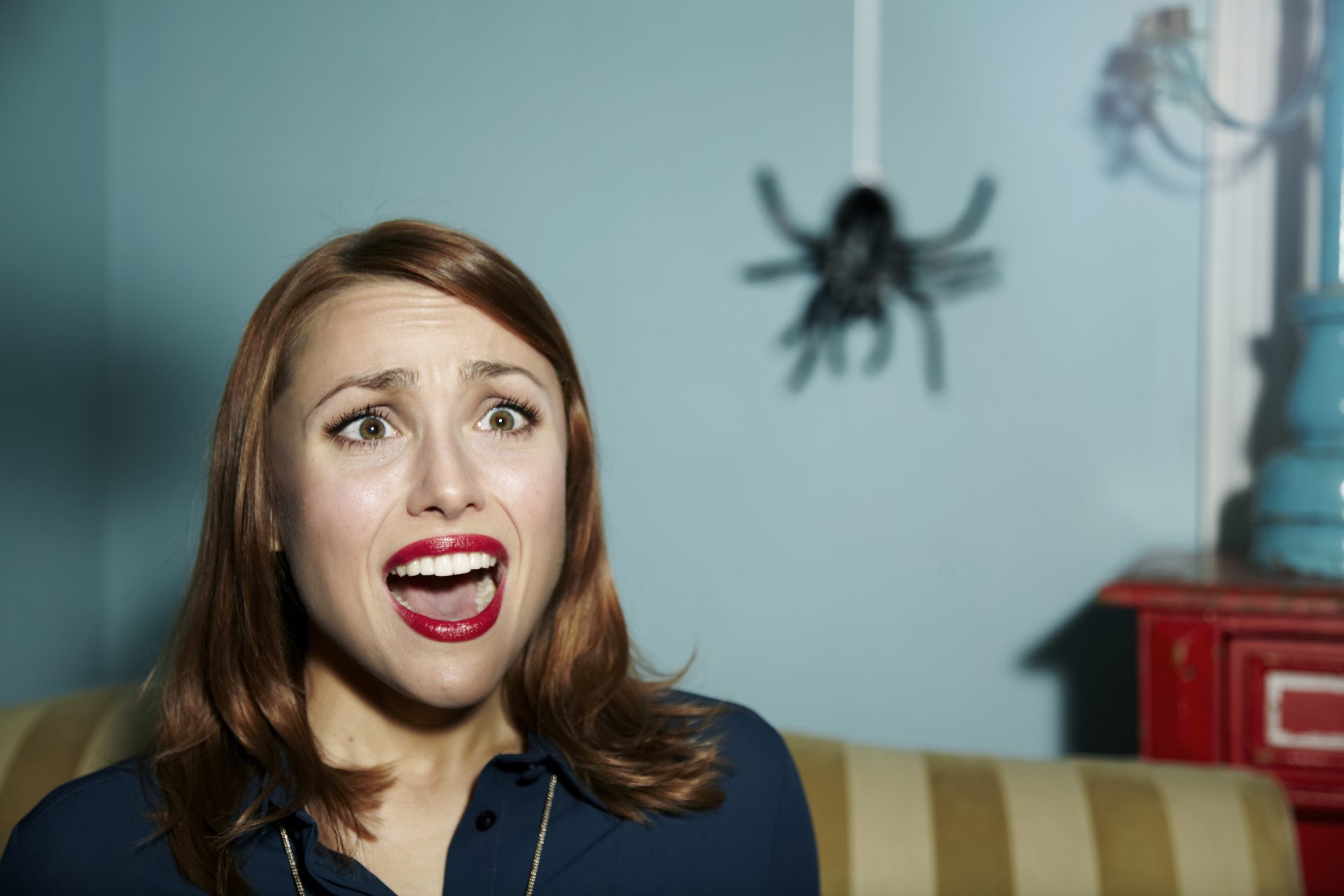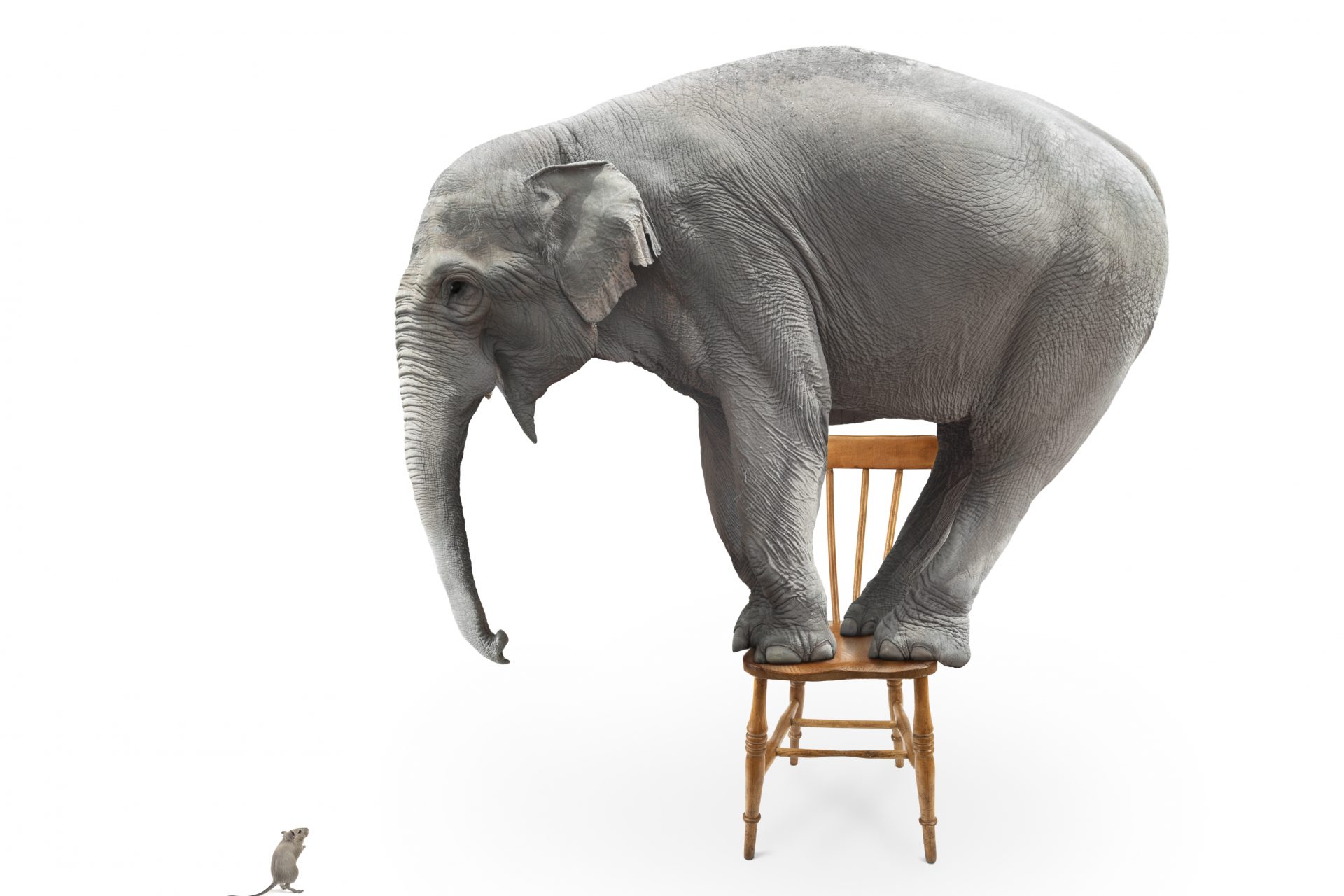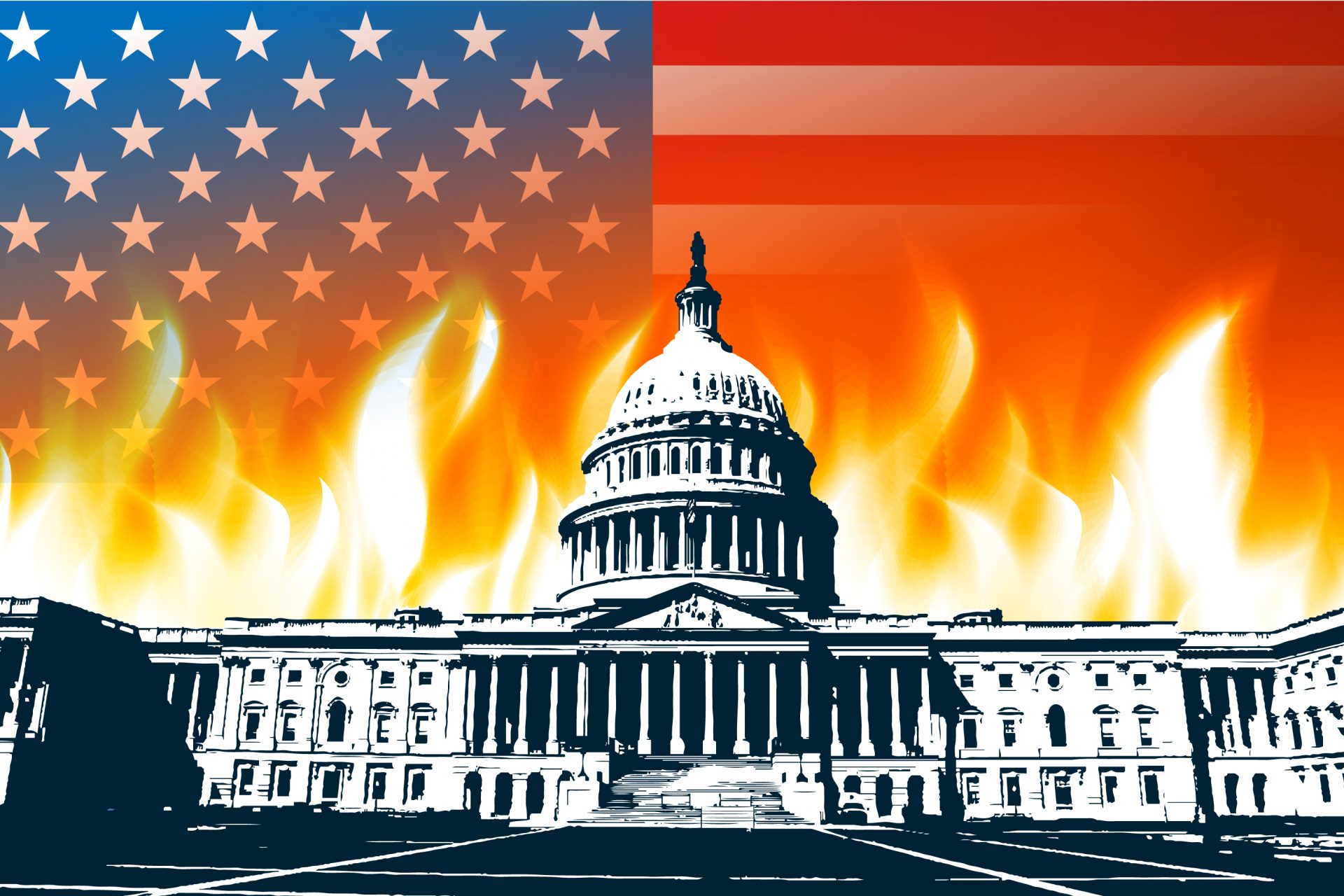These are the most common phobias: do you suffer from one?
Does seeing a spider make you break out in a cold sweat? Or perhaps you never take the elevator because being in enclosed spaces makes you panic? Do you have a phobia?
"Phobia: an exaggerated usually inexplicable and illogical fear of a particular object, class of objects, or situation." That is the official definition of a phobia according to the Merriam Webster Dictionary.
For those that live with a true phobia, the reality is very different. It is hard for others to truly understand the paralyzing fear those with phobias experience and just how much it can affect their lives.
Fear of certain animals, open spaces, loneliness, the dark... Phobias are more common than many people imagine. The question is, do you know the scientific name of the most common phobias?
Photo: Unsplash - Jez Timms
Fear of flying is so common that airlines have specific plans for passengers with certain symptoms on a flight. Curiously, sometimes the fear of flying is actually a fear of heights or closed spaces.
Photo: Unsplash - Josue Isai Ramos Figueroa
The fear of dogs does not depend on sizes or breeds and is usually a generic fear of dogs. It is usually associated with some traumatic experience, especially in childhood.
Photo: Unsplash - Christoph Schmid
The fear of closed spaces is one of the most common phobias. From an elevator, to a room, passing through a car, the interior of a subway car or any environment that is likely to leave someone locked in.
Photo: Unsplash - Kazuo Ota
The fear of thunder, lightning, storms, and tempests also includes the fear of being struck by lightning. It is usually a childhood fear, but sometimes it persists into adulthood. Hiding somewhere in the house is usually a common reaction in those who suffer from it.
Photo: Unsplash - Alexandre Brondino
The fear of blood or injury is very common and also very scandalous, as it often causes dizziness, fainting, and sweating. It is usually linked to fear of needles, which greatly complicates blood extractions or injections in general.
Photo: Unsplash - National Cancer Institute
Fear of the dark is one of the most widespread childhood fears. The imagination often plays tricks and elements such as monsters or ghosts can pop regularly during childhood.
Photo: Unsplash - Carolina Pimenta
Fear of heights is associated with high floors, balconies, rooftops, airplanes, and other elevated areas. However, there are those who cannot get close to a window or take an elevator, which can lead to severe social problems.
Photo: Unsplash - Samson
The fear of spiders, on some occasions, is justified, since there are spiders that, due to their size and appearance, scare anyone. Now, those who suffer from arachnophobia flee from even small spiders or even avoid places and areas where they saw an insect a long time ago.
Photo: Unsplash - Dev Leigh
Fear of snakes, as with spiders, is justified in most cases. Now, those who suffer from this phobia can become blocked and remain at the mercy of the snake they fear so much.
Photo: Unsplash - David Clode
The fear of animals, in general. Related to any type of animal. From a cat to a small mouse, going through a cow or a horse. Even chickens cause sufferers of zoophobia to panic.
Photo: Unsplash - Ben Moreland
The fear of open spaces implies that the affected people feel insecure or the sensation of not being able to receive help in the event of an accident. It is one of the phobias with the worst consequences, because there are those who end up not leaving the house.
Photo: Unsplash - Marco Biondi
Fear of the dentist has many logical reasons, ranging from pain to the price of interventions. Now, this panic is irrational, to the point that many people choose to keep their dental problem unresolved, rather than go to the specialist.
Photo: Unsplash - Engin Akyurt
The fear of what is related to death does not necessarily imply death itself, but elements linked to it. For example, going to funeral homes, hospitals, coffins or thinking about dead people or animals. Even watching news on television can affect someone with this phobia.
Photo: Unsplash - Linda Gerbec
The fear of driving is linked, above all, to cars. It usually derives from a traumatic situation, such as an accident, although sometimes it is not necessary for something to happen for it to come out of nowhere. Some people never drive again because of this phobia.
Photo: Unsplash - Art Markiv
Fear of crowds can generate anxiety and panic attacks in those who suffer from it, causing them to avoid crowded social situations and limiting their social life to a minimum. Even thinking about crowds, like at a concert, can trigger enochlophobia.
Photo: Unsplash - Craig Whitehead
Fear of clowns is common in boys and girls, although it can continue into adolescence and adulthood. The excessive makeup, the red nose and the hiding their true identity, is what scares those who suffer from this phobia the most.
Photo: Unsplash - Zorik D.
The fear of choking also usually appears after a real choking situation and affects, in a notable way, the day to day life of the sufferer. There are those who have stopped eating solids and have based their diet on liquids and purees, even those who do not take pills orally for fear of choking, putting their own health at risk.
Photo: Unsplash - Elena Leya
More for you
Top Stories


































